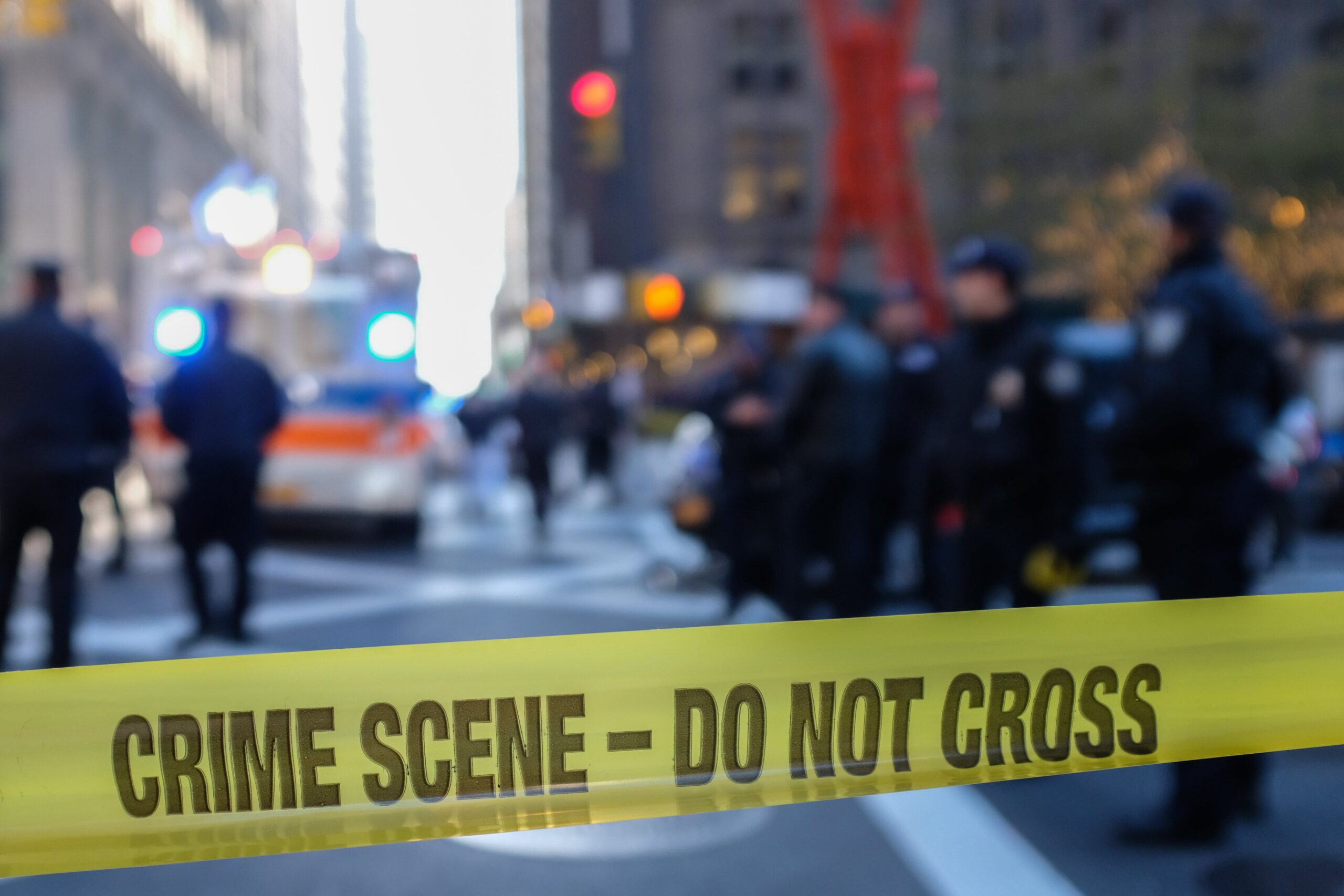Data shows that Black people are more than three times as likely to be killed at the hands of police than white people. Even if this is the first time you’ve heard this somber stat, news of the tragic killings of George Floyd, Breonna Taylor, Tyre Nichols and others is likely enough to keep you up at night.
Suggested Reading
Now, a new study published in JAMA Internal Medicine, confirms that the killings of unarmed Black people by police officers is having a negative impact on the quality of sleep in the Black community.
Researchers looked at two year’s worth of sleep data for Black people between 2021 and 2023 before and after learning of a police-involved killing of an unarmed Black person. They cross-referenced the information with data from an online database which tracks police killings called Mapping Police Violence.
When comparing sleep data to the period before the incident, results found that Black people were nearly three percent more likely to get less than seven hours of sleep in the first three months after a police killing of an unarmed Black person in their state. And they were almost seven percent more likely to get less than six hours of sleep. White survey respondents reported little to no change in the quality of their sleep.
The numbers grew when researchers looked at high-profile murders that received national coverage. Data showed that Black people were nearly five percent more likely to get less than seven hours of sleep and 11 percent more likely to get less than six hours of sleep in the first three months after news of a Black person killed at the hands of police.
As Dr. Atheendar Venkataramani—associate professor at the University of Pennsylvania’s Perelman School of Medicine and a co-author of the research—told The New York Times, it’s natural for the news to cause Black people to be concerned for their safety, as well as that of their friends and loved ones.
“These things change people’s outlook about where they stand in society,” he said. “They can get under the skin to affect health. Sleep is one of those things that can move very exquisitely in the face of these types of events.”
And while these findings are more evidence of structural racism, they also raise a red flag about some of the health issues associated with poor sleep over time. According to the CDC, poor sleep can increase your risk for type 2 diabetes, heart disease and depression.
Straight From 
Sign up for our free daily newsletter.



